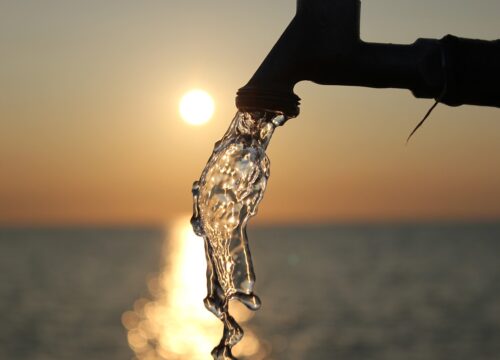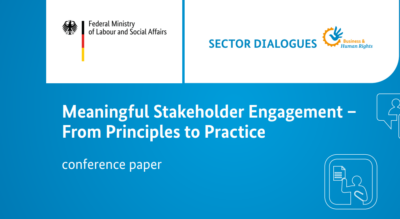Tanzania has been experiencing a variety of water related issues that are also present in most parts of the world. These issues include rural water supply, sanitation challenges and the management of water resources in a changing climate. Further problems include the degradation of watersheds caused by unsustainable farming practices, cutting of trees, and mining activities. These activities are aimed at meeting human needs that are increasingly pressured by population growth. In order to tackle these issues, the Government of Tanzania is focusing on a collaborative and stakeholder- driven approach to improve Integrated Water Resources Management.
Tanzania’s national arm of the Global Water Partnership (GWP) was able to contribute to Tanzania’s water strategy. Global Water Partnership Tanzania (GWPTZ) facilitated a consultation process that identified the most pressing challenges to climate-smart water management. It established cross-sectoral stakeholder working groups that developed response strategies to deal with the issues. These strategies include action and financial plans.
In the context of the World Water Day the World Meteorological Organization (WMO) draws attention to the great potential of water cooperation for human development. According to the WMO, global water cooperation contributes to safe drinking water and sanitation, enhances food security, sustains healthy livelihoods and ecosystems, helps to address resilience to climate change, disaster risk reduction, provides renewable energy, supports cities and industries, and fosters regional integration and peace.
The example of Tanzania shows the importance of water partnerships in a world where water influences every aspect of our lives. MSPs such as the GWP face extreme challenges, but they also open doors for dialogue and solutions that foster human development.
GWP is a global action network of 3000+ water organisations in 180 countries that promotes the effective, efficient, and sustainable management of water resources around the world. Founded in 1996, its mission is to achieve sustainable and equitable development.



